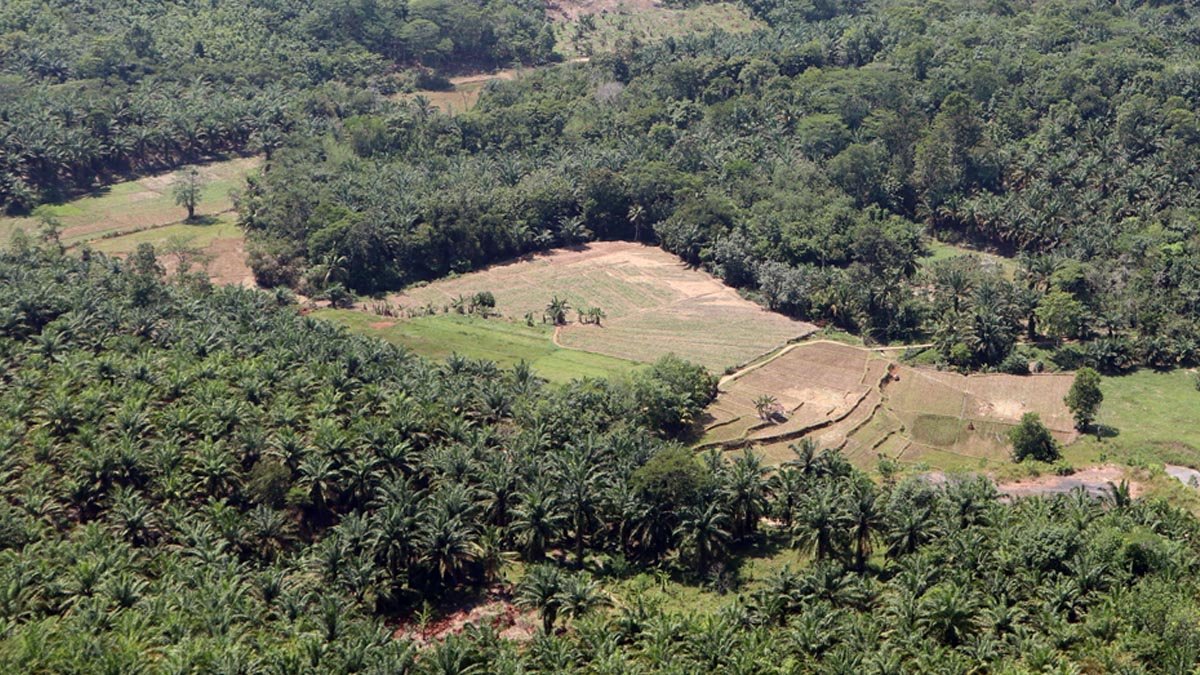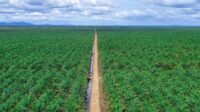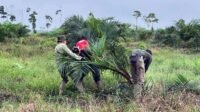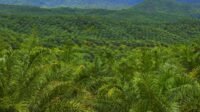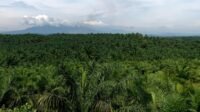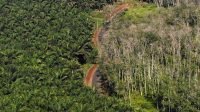PALMOILMAGAZINE, BANJARBARU – Chairman of the Indonesian Palm Oil Association (GAPKI), Eddy Martono, has expressed hope that the newly established Forest Area Task Force can swiftly resolve ongoing land disputes. He emphasized that resolving these issues is crucial to ensuring the sustainability of Indonesia’s palm oil industry.
“We hope this matter can be settled soon. Our production has stagnated while domestic consumption continues to rise. If not addressed properly, this could impact Indonesia’s palm oil exports,” Eddy stated, as quoted by Palmoilmagazine.com from Diskominfo South Kalimantan on Thursday (20/2/2025).
Eddy explained that the government’s task force is working hard to resolve land-use conflicts, particularly concerning 3.2 million hectares of forest areas under review. These areas involve not only large corporations but also smallholder-owned plantations.
“From the 436 companies verified by the task force under Ministry of Forestry Decree No. 36, around 200 GAPKI member companies are still undergoing verification. The affected land varies in size, ranging from 10 hectares to over 100 hectares,” he added.
Rejuvenation as a Key Solution
One of GAPKI’s main priorities is to promote smallholder palm oil rejuvenation as a solution to stagnant production.
“Rejuvenation is crucial. If consumption continues to grow while production stagnates and productivity declines, it could pose a major threat to our industry,” Eddy warned.
He also praised the government’s focus on resolving forest area disputes, considering them one of the main obstacles to smallholder palm oil rejuvenation programs.
“The theme of today’s discussion is highly relevant—resolving forest area issues will pave the way for a more productive and sustainable palm oil industry,” he added.
With swift action from the task force and support from GAPKI, Indonesia’s palm oil sector is expected to grow more optimally, ensuring production stability to meet rising global market demand. (P2)

